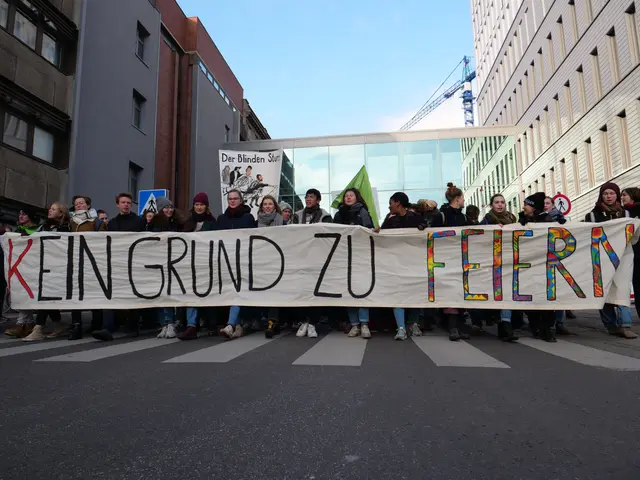South Korea’s FTC exposes ‘chopped’ contracts in food delivery labor abuses
The Fair Trade Commission (FTC) in South Korea has discovered unfair practices on Coupang Eats and Baemin delivery platforms. The investigation revealed the use of 'chopped' contracts, a legal loophole that allows companies to avoid labor laws by hiring workers through multiple short-term contracts.
The FTC's findings come after a survey of Coupang workers, where 93% rejected a proposal by the Korean Confederation of Trade Unions (KCTU) to limit late-night deliveries. This indicates a divide among workers regarding labor conditions.
The use of 'chopped' contracts is not illegal but has been criticized as exploitative. It allows companies to circumvent labor laws that protect workers' rights. Public institutions in South Korea have also been found to employ this practice.
Coupang, which operates Coupang Eats, has faced significant fines from the FTC in recent years, totaling $114 million over three years. The company has been penalized for various unfair practices, including the use of 'chopped' contracts. The FTC's latest findings highlight the need for stricter regulations to protect workers' rights in the gig economy.
Read also:
- American teenagers taking up farming roles previously filled by immigrants, a concept revisited from 1965's labor market shift.
- Weekly affairs in the German Federal Parliament (Bundestag)
- Landslide claims seven lives, injures six individuals while they work to restore a water channel in the northern region of Pakistan
- Escalating conflict in Sudan has prompted the United Nations to announce a critical gender crisis, highlighting the disproportionate impact of the ongoing violence on women and girls.






